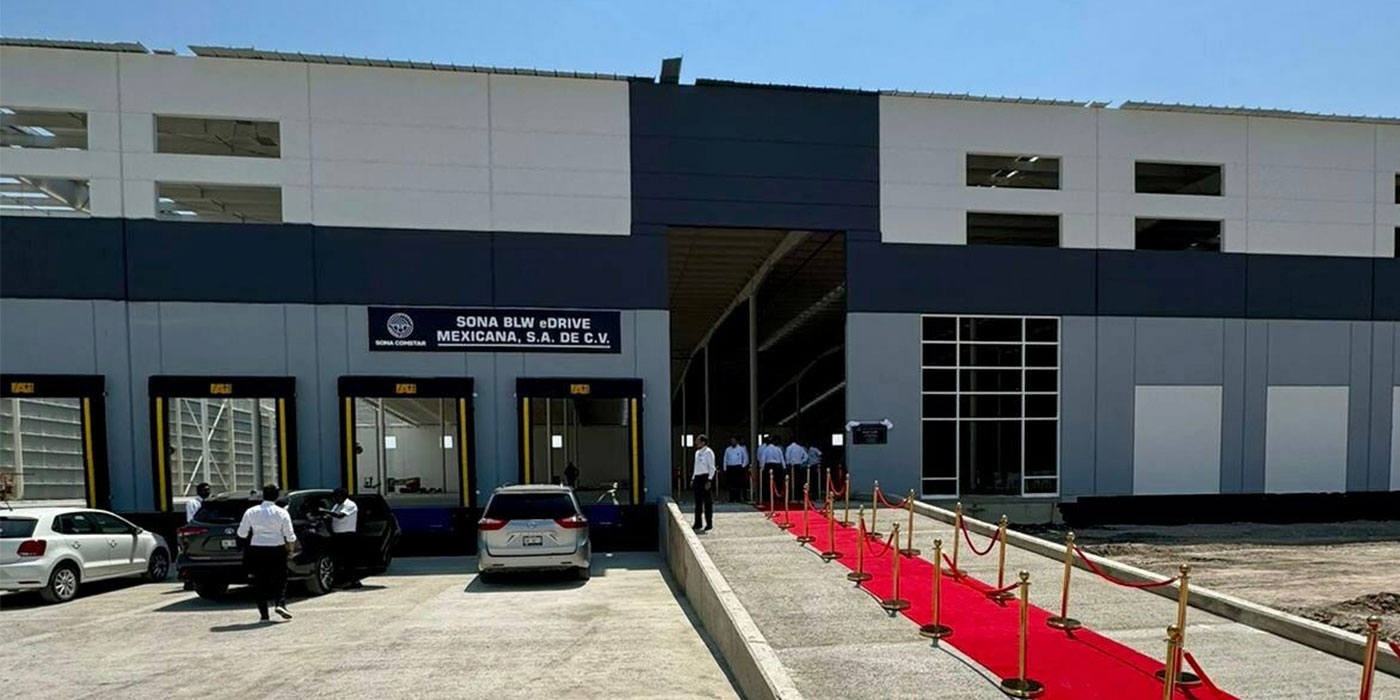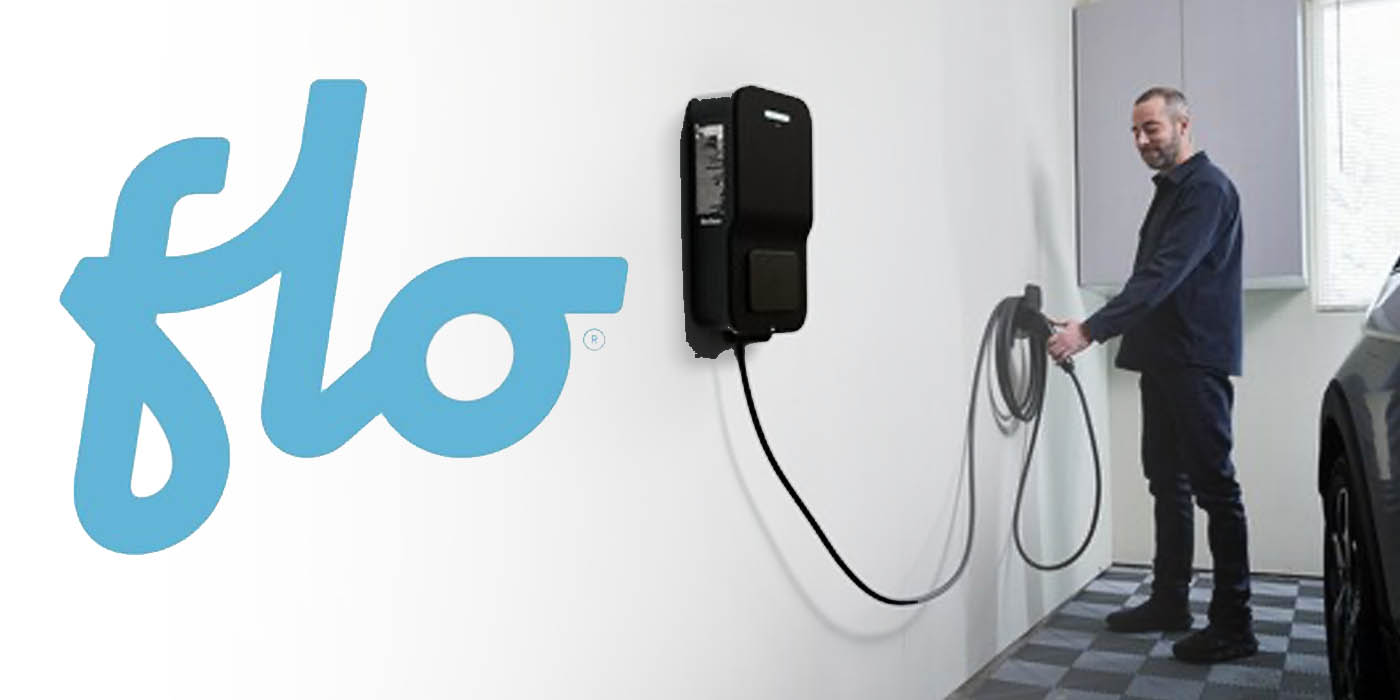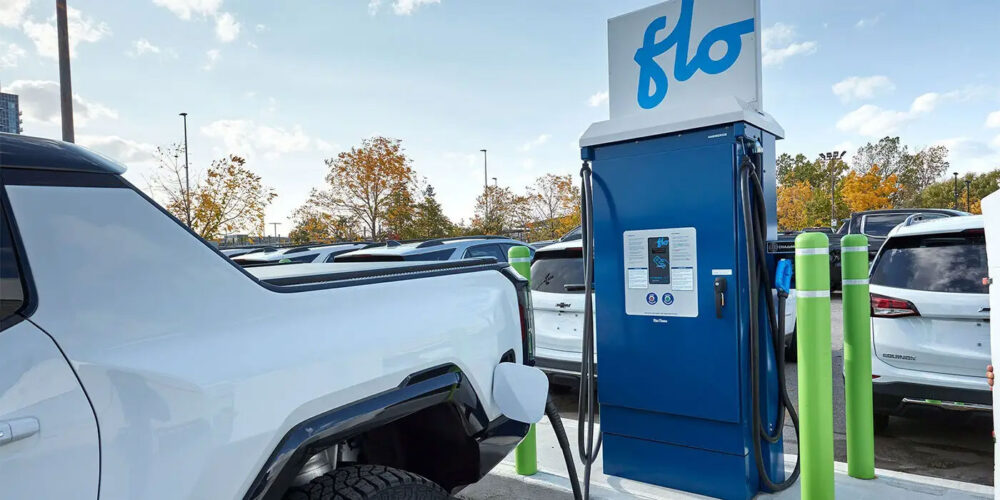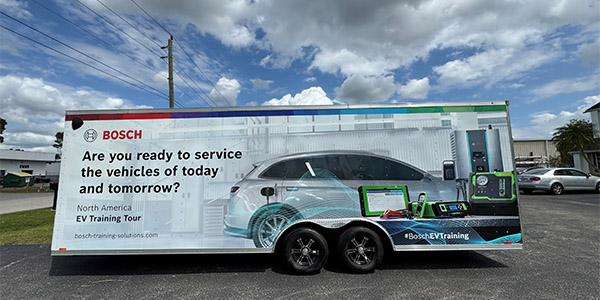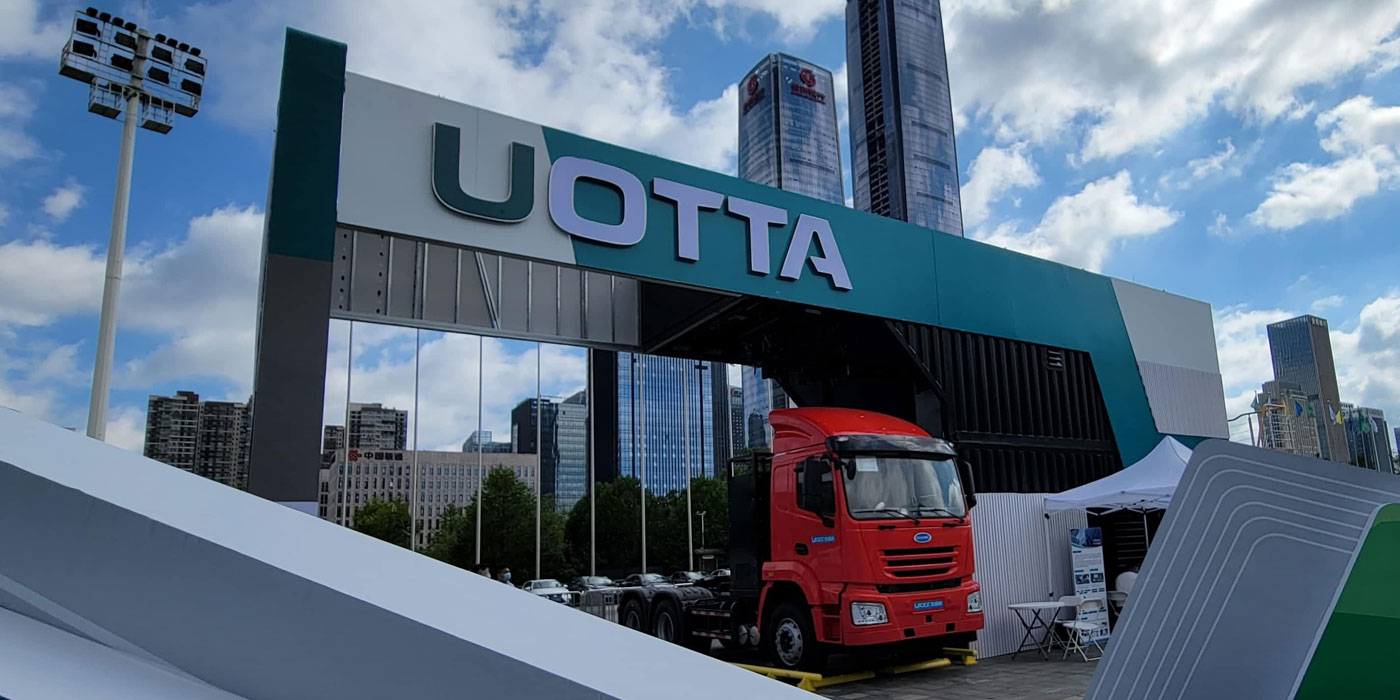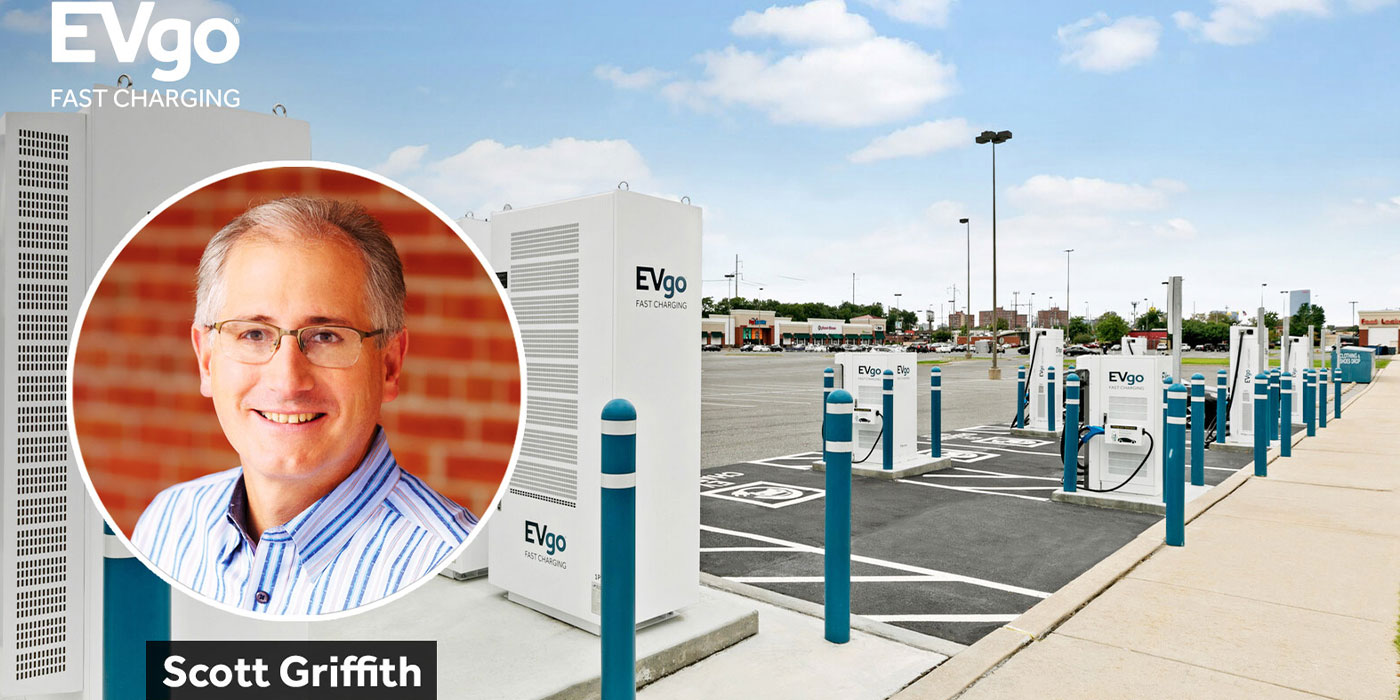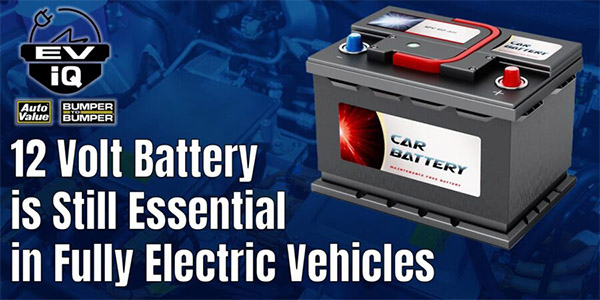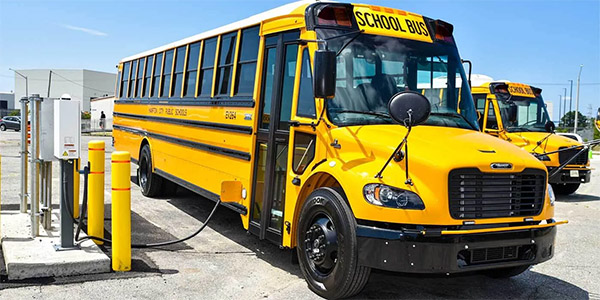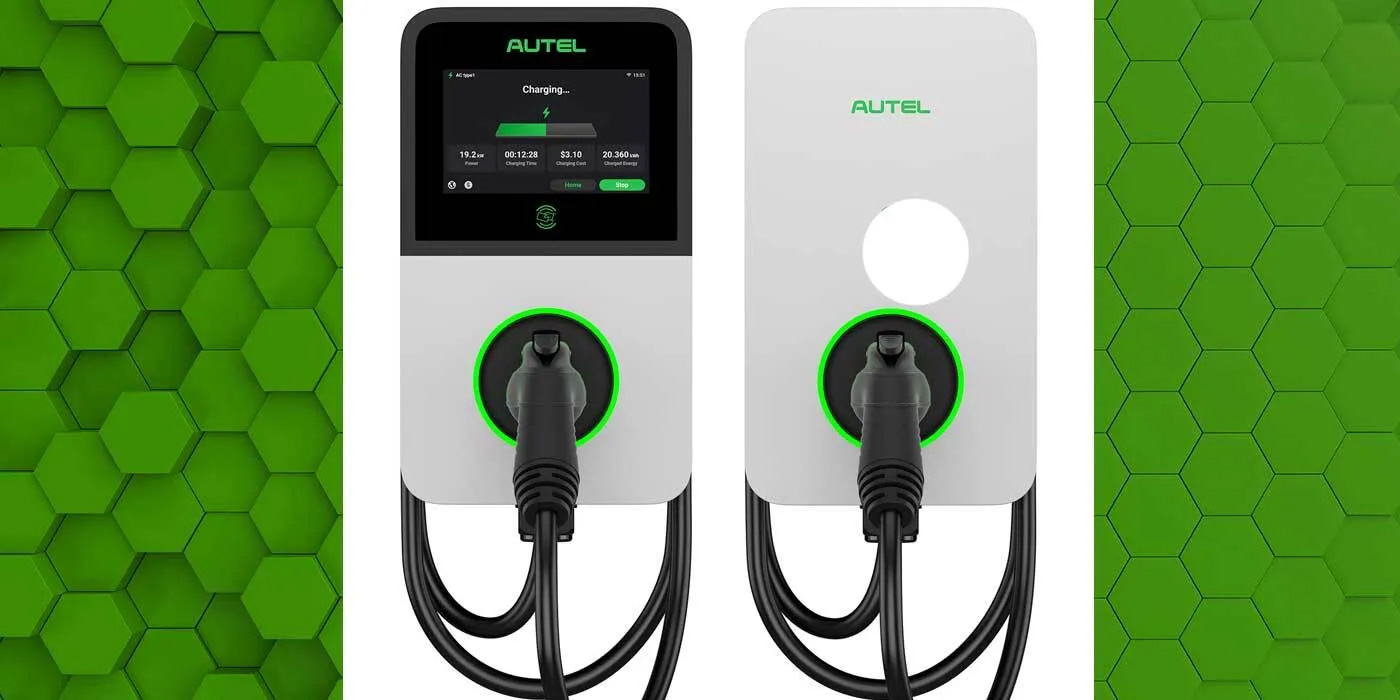As the latest meetings of the International Seabed Authority get underway in Jamaica to discuss possible mining of the deep sea for minerals such as cobalt, copper, nickel or manganese, a paper published recently by the Blue Climate Initiative discusses advances in electric vehicle (EV) battery technology. It notes the accelerating adoption of these technologies, which is leading to the replacement of EV batteries previously dependent on cobalt, nickel and manganese. The rapid market adoption of these next-generation batteries that don’t use deep sea metals is transformational, Jeanne Everett, director of operations of the Blue Climate Initiative, said.
“These next-generation batteries have swept the market and already represent a third of the global EV battery market,” she said. “While the International Seabed Authority is meeting this week in Jamaica to consider regulations to strip mine the seabed for these metals – with devastating environmental consequences – technology has moved forward to eliminate the claimed need to mine the ocean for them.”
The paper notes that, typically, companies and consumers are asked to make sacrifices for the good of conservation and the environment. Now, Blue Climate said, what is good for both enterprise and the end consumer, also serves the need to protect and preserve our oceans, and the life that resides within.


